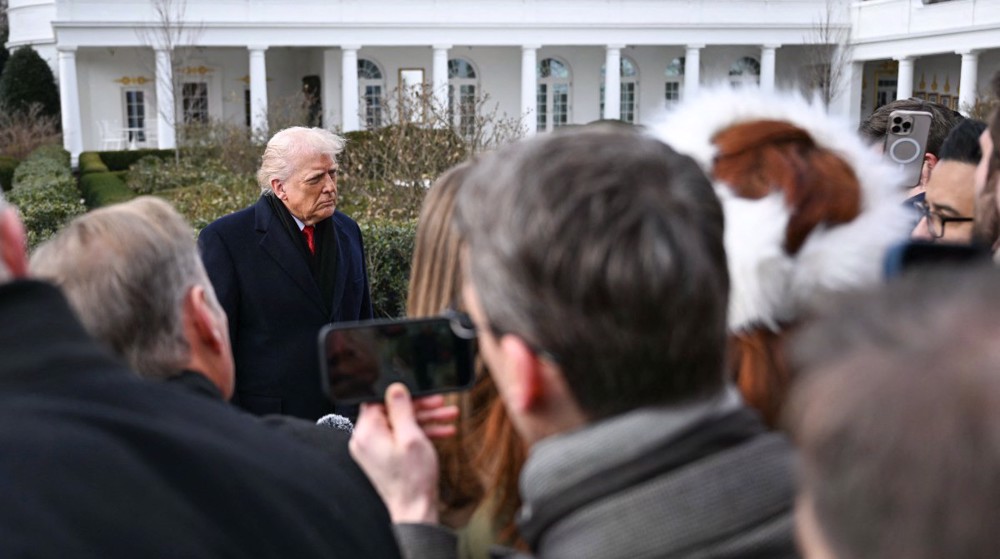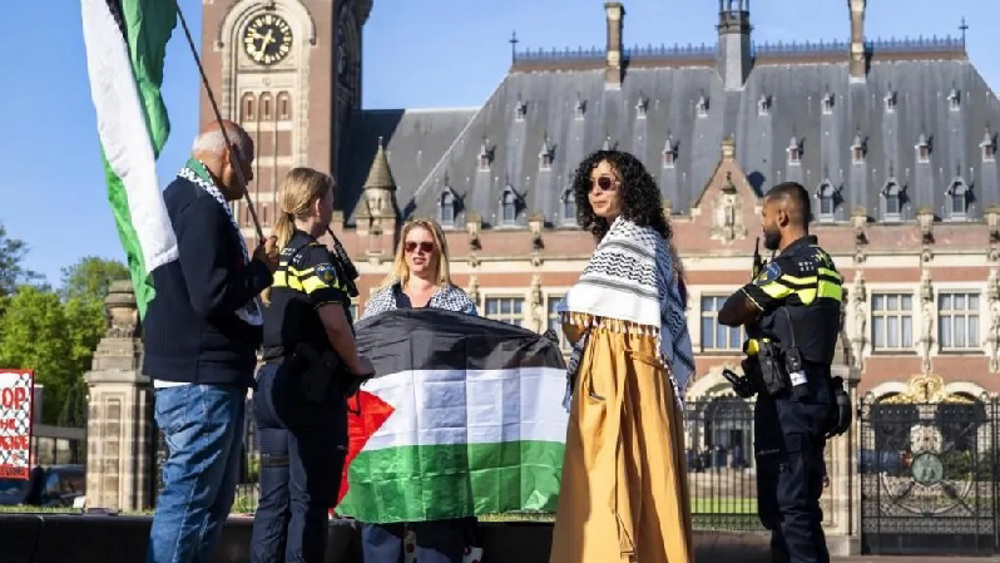UK keen to exploit Russia-Bulgaria tension as spy row deepens
The UK is trying to exploit a diplomatic row between former allies Russia and Bulgaria with a view to undermining Russia’s interests in the Eastern Balkans.
The row centers on the disruption of an alleged Russian spy ring by the Bulgarian counter-intelligence service.
Bulgarian prosecutors said on Friday (March 19) that they had charged six Bulgarian nationals with espionage on behalf of the Russian Federation.
The group includes five former and current senior officials in the Bulgarian military and intelligence establishments.
The suspects reportedly include a former military attaché who was in charge of classified information at Bulgaria’s Parliament immediately prior to his arrest.
The alleged spy ring is reported to have been led by a former high-ranking military intelligence officer formerly based at the Bulgarian Defense Ministry.
In view of the seniority of the accused, Bulgaria’s Chief Public Prosecutor, Ivan Geshev, has described the investigation as of “special significance” for the security of the European Union (EU), the NATO military alliance and even for the United States.
The alarmist and exaggerated tone of Bulgarian judicial officials has created a diplomatic and political opening for the UK and the US to exploit.
Foreign Secretary, Dominic Raab, was quick off the mark by tweeting that the UK supports Bulgaria’s thwarting of “hostile actions” on its territory.
The UK 🇬🇧 stands with Bulgaria 🇧🇬 against Russia’s malign activity which seeks to undermine the sovereignty of our @NATO ally. We fully support Bulgaria’s efforts in disrupting an alleged spy ring & taking steps to tackle Russia’s hostile actions in its territory
— Dominic Raab (@DominicRaab) March 20, 2021
Raab’s effusive support for the actions of Bulgarian counter-intelligence and judicial authorities is fully consistent with the general guidelines set out in the newly-released Integrated Review of Security, Defense, Development and Foreign Policy.
Furthermore, it is consistent with long-standing British efforts at disrupting Russia’s political and diplomatic ties with its former allies in Eastern and Central Europe.
Russia’s relationship with Bulgaria is uniquely profound in so far as it predates the alliance between formerly Socialist Bulgaria and the former Soviet Union.
The two countries share a Slavic heritage defined by deep linguistic and cultural ties.
Despite Bulgaria’s accession to NATO membership in 2004 and then joining the EU in 2007, a majority of the Bulgarian people continue to retain a strong emotional attachment to Russia.
VIDEO | Venezuelans demand return of their president Nicolás Maduro
Muslims facing ‘major confrontation’ led by US and Israel: Hezbollah chief
Palestine Action activist at risk of death after beginning thirst strike in UK jail
VIDEO | South Korean supporters of Palestine slam Trump's 'Board of Peace'
Rights group: Israel continues to torture 2,000 Gaza abductees despite truce
‘Another horrific shooting’: Man killed during ICE crackdown in Minneapolis
Trump issues severe warning to Canada over potential China deal
VIDEO | Press TV's news headlines










 This makes it easy to access the Press TV website
This makes it easy to access the Press TV website